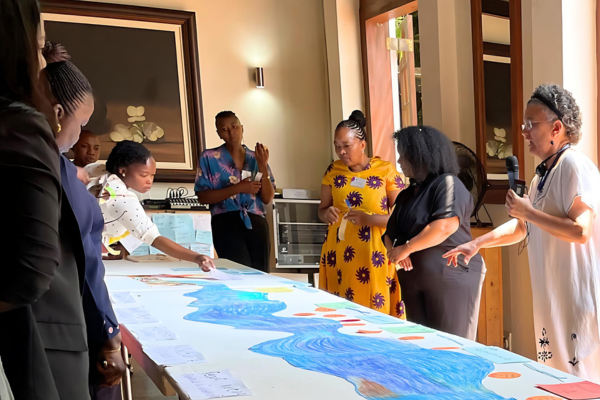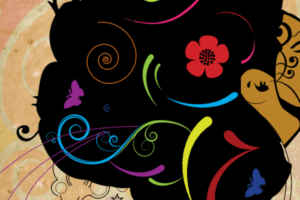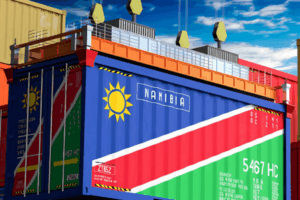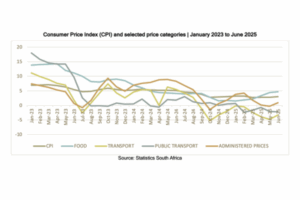The LRS Facilitation Toolkit brings together examples of exercises aimed to encourage active participation in the critical examination of one’s own experience and context and, with these emerging insights, develop appropriate strategies and action plans. Using creative methods that encourage dialogue, open-ended questioning, and community building, the exercises deepen understanding of power dynamics and intersecting systemic inequalities.
The exercises in the toolkit can facilitate dialogue at all levels. Even when not used as workshop tools, the approach underpinning the exercise is important for planning and reflecting on alliance building and action plans.
Inside the LRS Toolkit:
The spiral model of popular education aims to facilitate critical reflection by using lived experiences to uncover power dynamics and social structures. This information then informs the collective creation of new knowledge and effective action plans. The objective is to deepen consciousness and connect personal experience to broader contexts.
The wheel of privilege helps participants explore how social privileges and disadvantages intersect to shape individual experiences of power and oppression. It encourages participants to reflect on their own positions of privilege, promoting empathy and understanding and to collectively consider actions for addressing inequities.
The head, heart, and hands model aims to provide a holistic approach to learning and development by integrating intellectual understanding (head), emotional engagement (heart), and practical application (hands). The goal is to support transformative experiences that encourage critical reflection and a commitment to action.
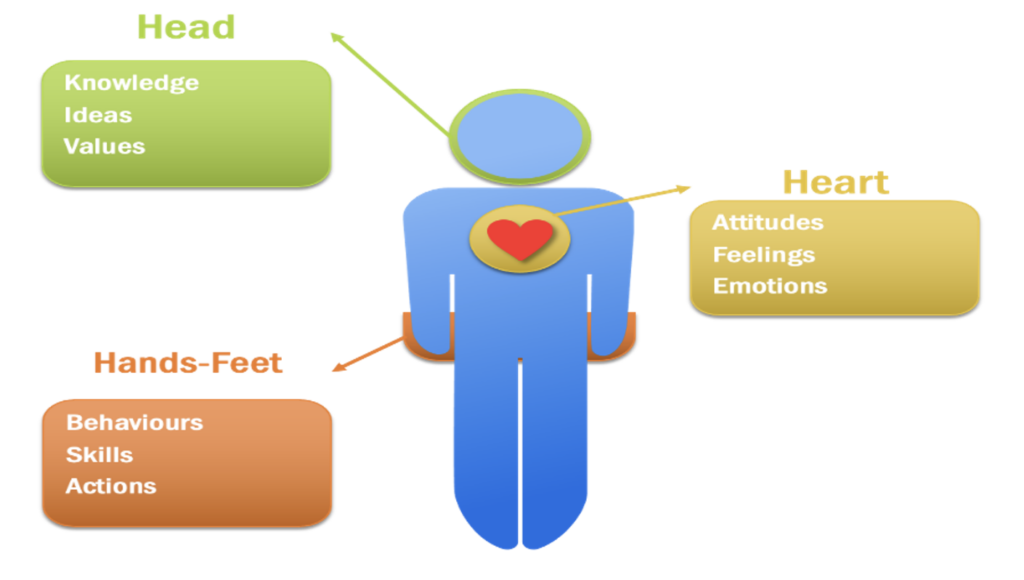
The power of storytelling seeks to empower marginalised voices and foster a sense of community by using personal narratives to engage emotions and encourage reflection. The objective is to allow those often silenced to share their stories, build solidarity, and recognise the importance and value of women’s stories.
The gender continuum provides a framework for assessing how gender is addressed in national dialogues and other work contexts, moving from harmful to transformative approaches. The goal is to critically analyse practices and identify areas for improvement.
The gendered nature of time is designed to highlight the unequal distribution of time, particularly concerning the burden of unpaid care work, focusing on how it disproportionately affects women. The aim is to encourage discussions about gender roles and responsibilities to create more gender equity.
Using C190 as a tool to raise awareness and mobilise for a just transition aims to promote safe and respectful work environments by integrating the principles of the ILO Convention 190 into strategies for a just transition. It seeks to raise awareness about the impact of violence and harassment in the world of work, using personal stories to encourage collective action.
Gender analysis and needs assessment seeks to systematically examine the distinct roles, responsibilities, and power dynamics experienced by different genders to develop effective and transformative interventions for addressing the root causes of gender inequality. The aim is to ensure that all policies are inclusive and equitable.
Creating a checklist for effective dialogue helps develop productive and inclusive dialogues, especially when working with a feminist lens. It promotes collaborative experiences to create knowledge about oppressive systems in society to understand how individuals reproduce oppressive systems.
Asking powerful questions facilitates dialogue and critical thinking by asking open-ended, thought-provoking questions. It seeks to move beyond assumptions and surface underlying beliefs, generating new possibilities and a deeper understanding.

RELATED RESOURCES

